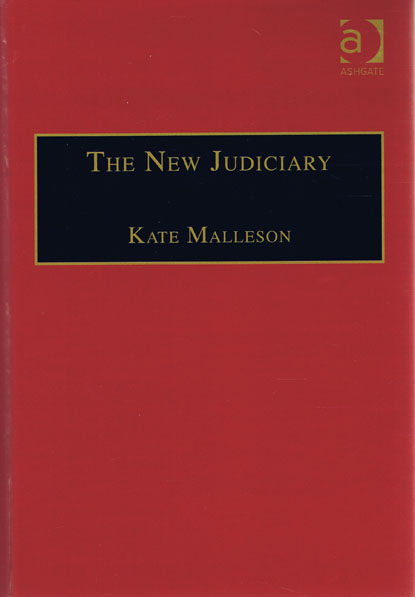
Over the last 30 years the judiciary has transformed from a small club into a large and professional body. At the same time, its political role has grown through the expansion of judicial review. The incorporation of the European convention on human rights will extend this process still further, drawing the judges into every area of public policy.
The combination of these two developments - the expansion in size and the growth of power - have affected all aspects of the judiciary. This book examines the changes which they have brought about in three broad areas - judicial training, the appointment process and the scrutiny of judges' performance.
It adopts a comparative perspective, considering the developments in the light of the global expansion of judicial power. The book argues that the increasing role of the judiciary will require a trade-off of judicial independence in return for greater accountability.